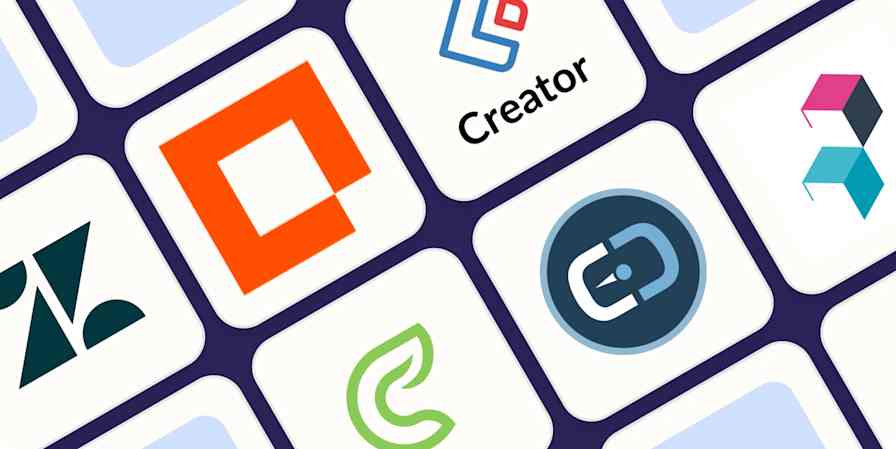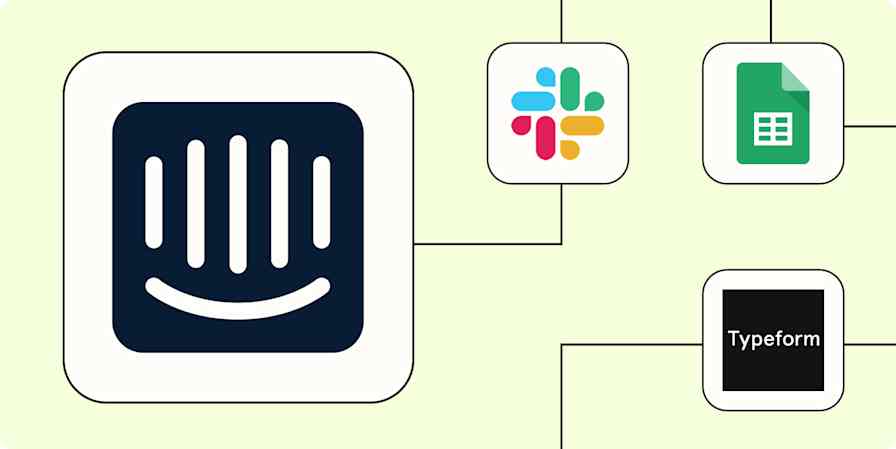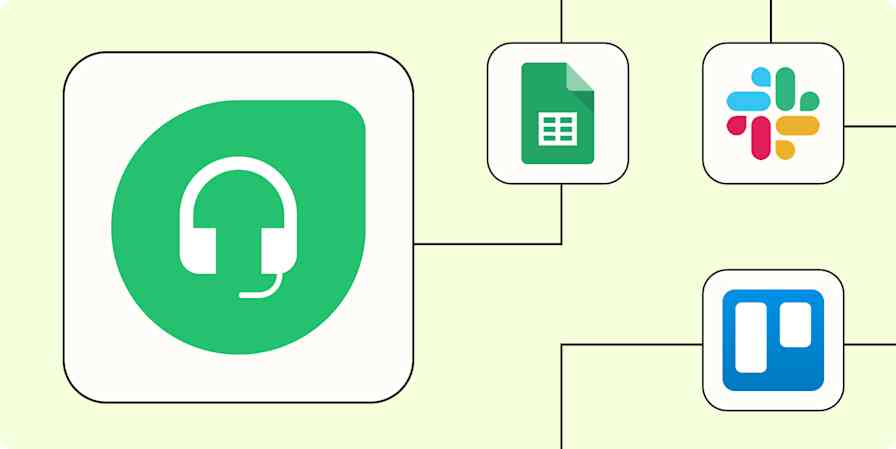Automation inspiration
3 min readAutomatically track customer interactions and satisfaction in one place
By Elena Alston · February 24, 2022

Get productivity tips delivered straight to your inbox
We’ll email you 1-3 times per week—and never share your information.
Related articles
Improve your productivity automatically. Use Zapier to get your apps working together.








